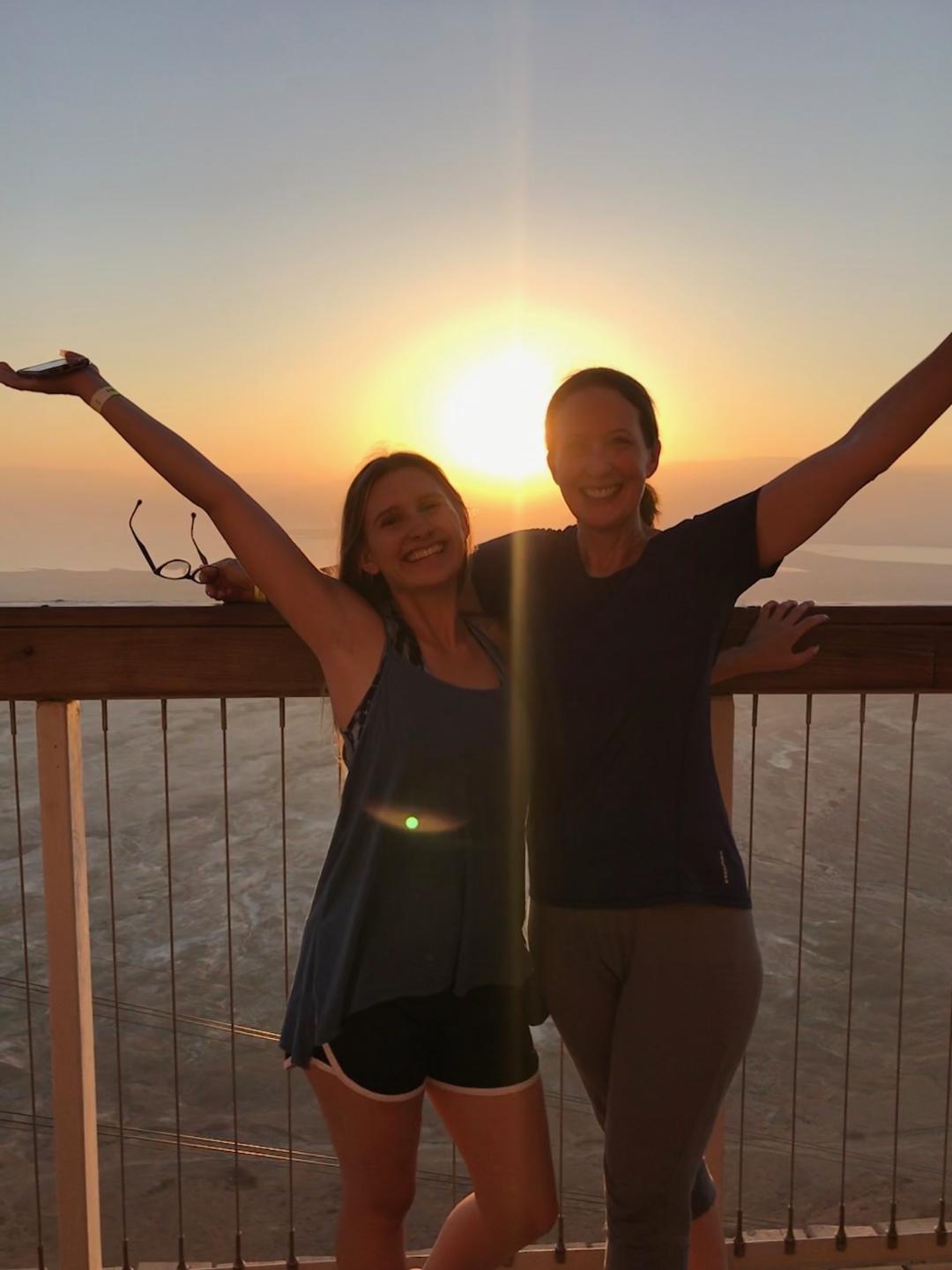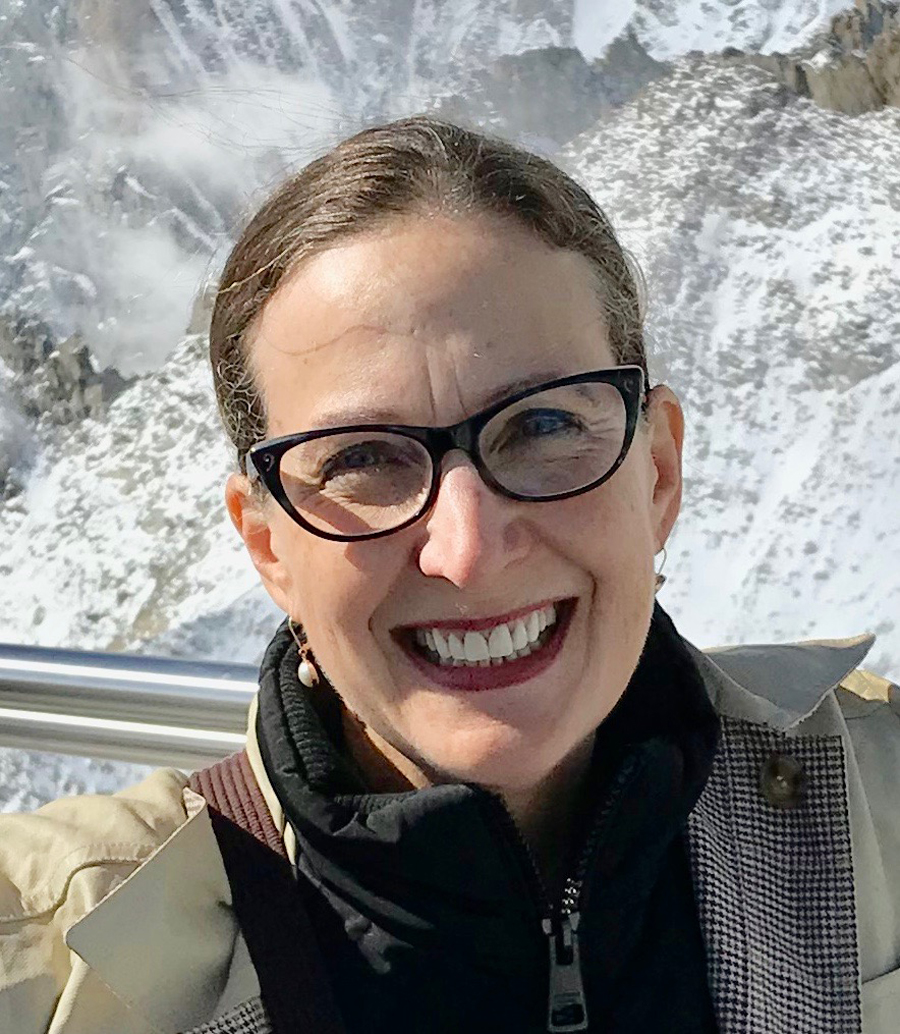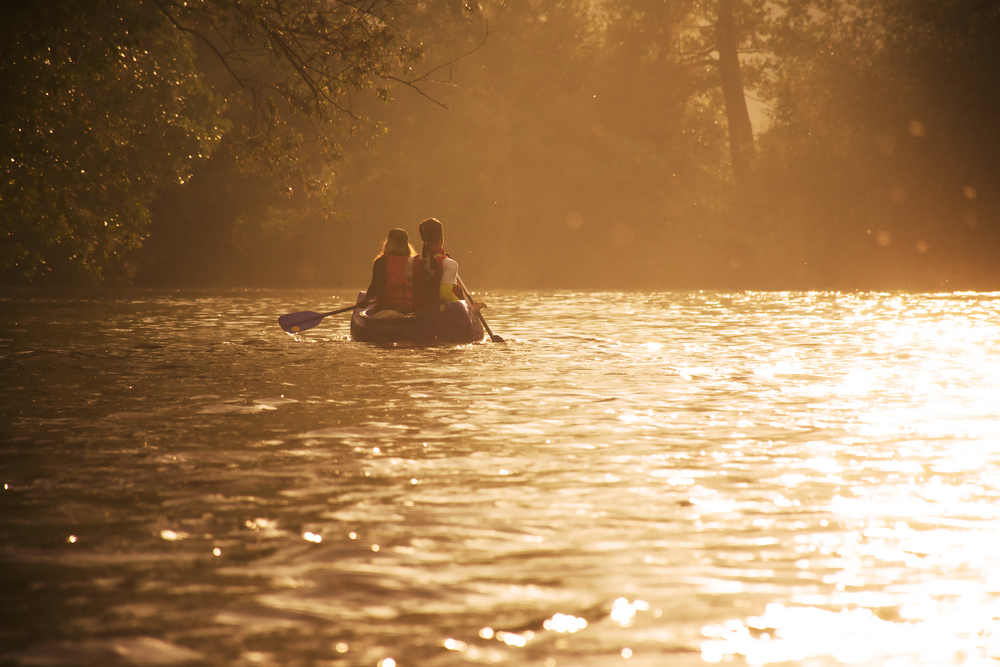When I got off the phone with the National President of the Hadassah, the world’s largest Zionist women’s organization who had called to invite me to serve on the board of this amazing nonprofit, I was filled with a sense of resolve, renewal and responsibility I was also a bit overwhelmed.
Of course, I knew about the work of Hadassah – the creation of two hospitals in Jerusalem, Israel, that were known as “bridges to peace” in the Middle East and were world-famous for their medical miracles, like stem cell treatments that reversed the effects of MS, and I was eager for my first board meeting. I’d served on other boards and I thought I was experienced enough for my new role, but I quickly realized that to truly be effective and not to feel like deadwood on a board, which I detested from my days as a director of a nonprofit, I couldn’t go it alone.
It’s taken me many years (and many failures) to realize that asking for help is a sign of strength, not of weakness. I wish I could go back in time and convince my younger self this.
I’d never had a mentor. Maybe because it didn’t occur to me in my youthful ignorance that I needed one, but more likely because as a professional in a male-dominated field, no one had ever offered or felt particularly approachable. The corporate culture I was most familiar with was “sink or swim” and you’d better do it quickly and you’d better be tough.
Fortunately for me, by the time I was mature enough to realize I would benefit from a mentor, I was already a dedicated volunteer with my local Hadassah chapter. I was surrounded by smart, compassionate, accomplished women who were typically twenty years my senior. These women were not interested in taking me down but in lifting me up.
One of these women was also on the Hadassah National Board – Liz Alpert. Liz is whip-smart, bold, adventurous and to my delight, lots of fun. Liz is also generous with sharing her time with me. Because of Liz’s decades of Hadassah national leadership, Liz was like my personal encyclopedia of Hadassah. She could fill in the blanks, read between the lines and give me the historical perspective that wasn’t possible to glean no matter how thoroughly I would prepare for the board meetings. Sometimes we disagreed on matters, but I always respected her well-reasoned opinion.
Somewhere between meetings and conferences, Liz and I became great friends. We recently led a Fashion, Food, Wine & Design travel tour to Israel, where I depended on Liz’s detail-oriented personality more times than I can count. We’ve had fun together at Hadassah conferences across the U.S. and I discovered from our “walks and talks” along the beach in Santa Cruz that Liz has more hustle than I’ll ever have.
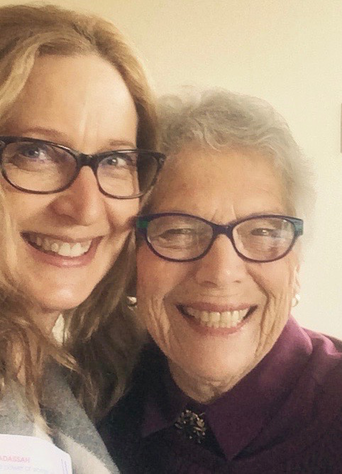
Recently, Liz and I found ourselves early on a beautiful day in Oakland, walking around Lake Merritt (well, Liz was walking, I was perpetually hurrying to catch up to her). The lake was like a mirror and particularly tempting as we rounded past the boathouse. “Let’s rent a rowboat!” I said, Liz asked if I’d rowed before. Yes, I replied, and off we went. In the middle of the lake after I’d lost the oar (yet again) Liz realized that she should have asked me not whether I’d done this before, but whether I knew how to row, which I did not. Of course, Liz knew how to row from a childhood summer camps. Liz spent the rest of the morning patiently coaching me and taught me how to row (at least well enough to get back to the dock).
I think the rowboat adventure (or misadventure, depending who you ask) is a good analogy for our mentor/mentee relationship. I had the passion, but I didn’t know what I didn’t know. Luckily, Liz was there to teach me how to safely navigate.
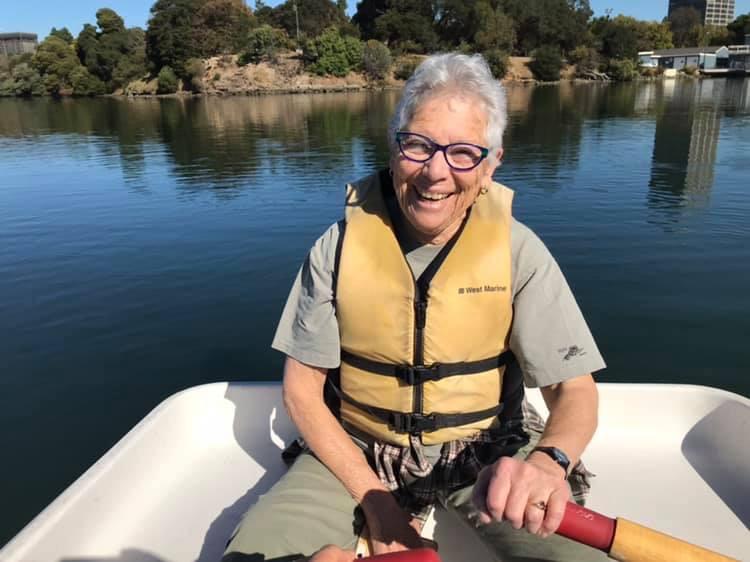
Our mentoring relationship is a wonderful mélange of mother-daughter, sisters and friends. Its women supporting and nurturing women with love and wisdom and it creates a family bond without biology. I have experienced this in one other area of my life, with Sammie.
Sammie Rogers came into my life as a teenager when I became her quasi-foster mother and over the years we too have evolved into this same wonderful mélange. It seems that the key to creating this is for both partners to be open and take a leap of faith. Without the competitiveness of a work environment or the invariable drama involved in mother-daughter relationships, something special but unnamed is created.
I can offer to help Sammie navigate life’s challenges without the subtext of the frequent mother-daughter condemnation and hurt feelings. And Sammie offers me love and inclusion that helps fill my heart. It’s a wonderful feeling as a mentor to root for your mentee and celebrate in her successes and in the way she confronts life’s challenges and loss and to watch her persevere and thrive.
Mentoring is a celebration of strength of both the mentee and the mentor and of the bond with them. While I am confident in Sammie’s strength and perseverance, she is confident in mine and we rely on each other. I brought Sammie to Israel for a vacation, but she brought me up to the top of Masada to see the sun rise. She led the way, she encouraged me, she stayed with me while I caught my breath. Neither of us could accomplish what we did without the other and we had fun doing it and such a sense of renewal, resolve and responsibility. And that’s what mentoring brings to both partners.
